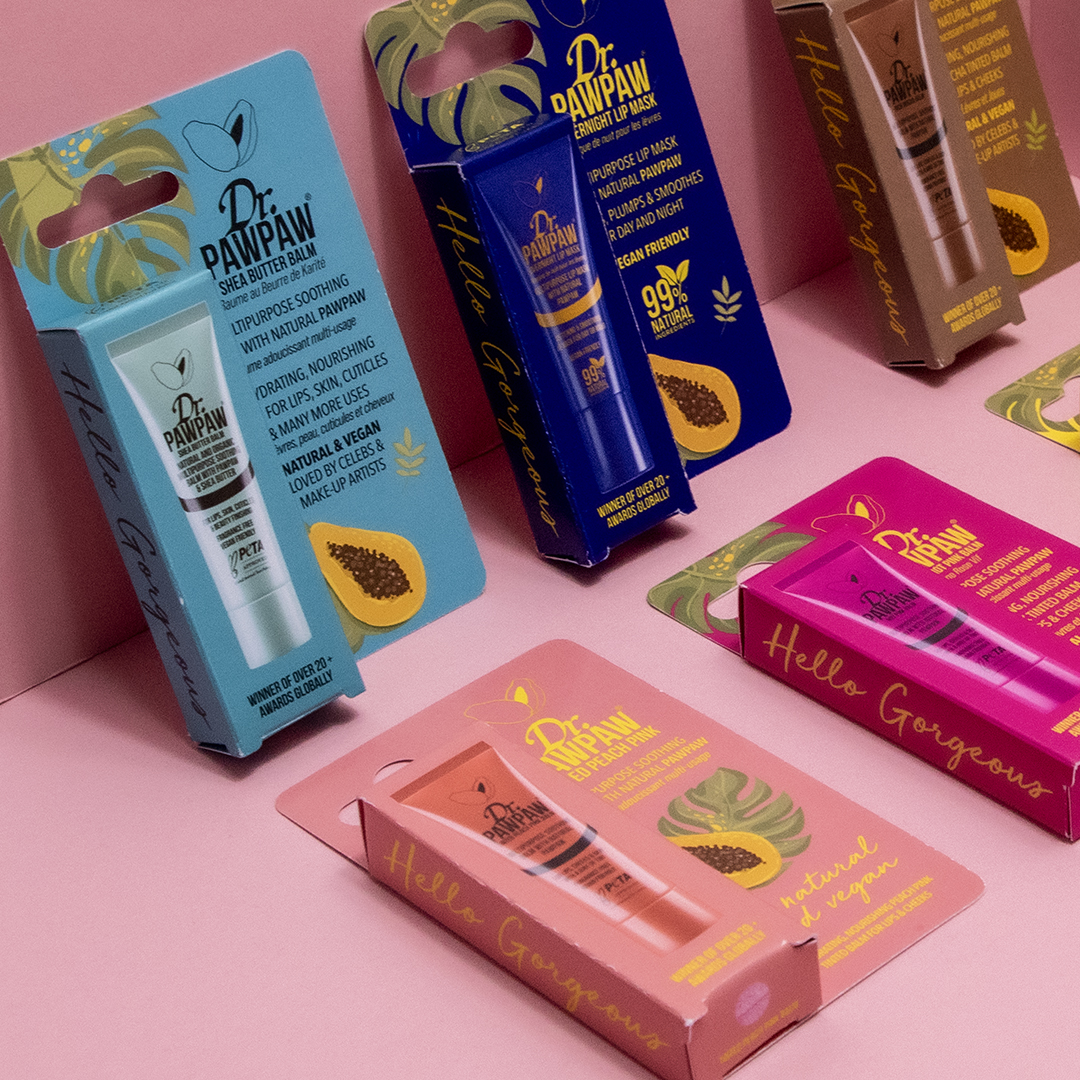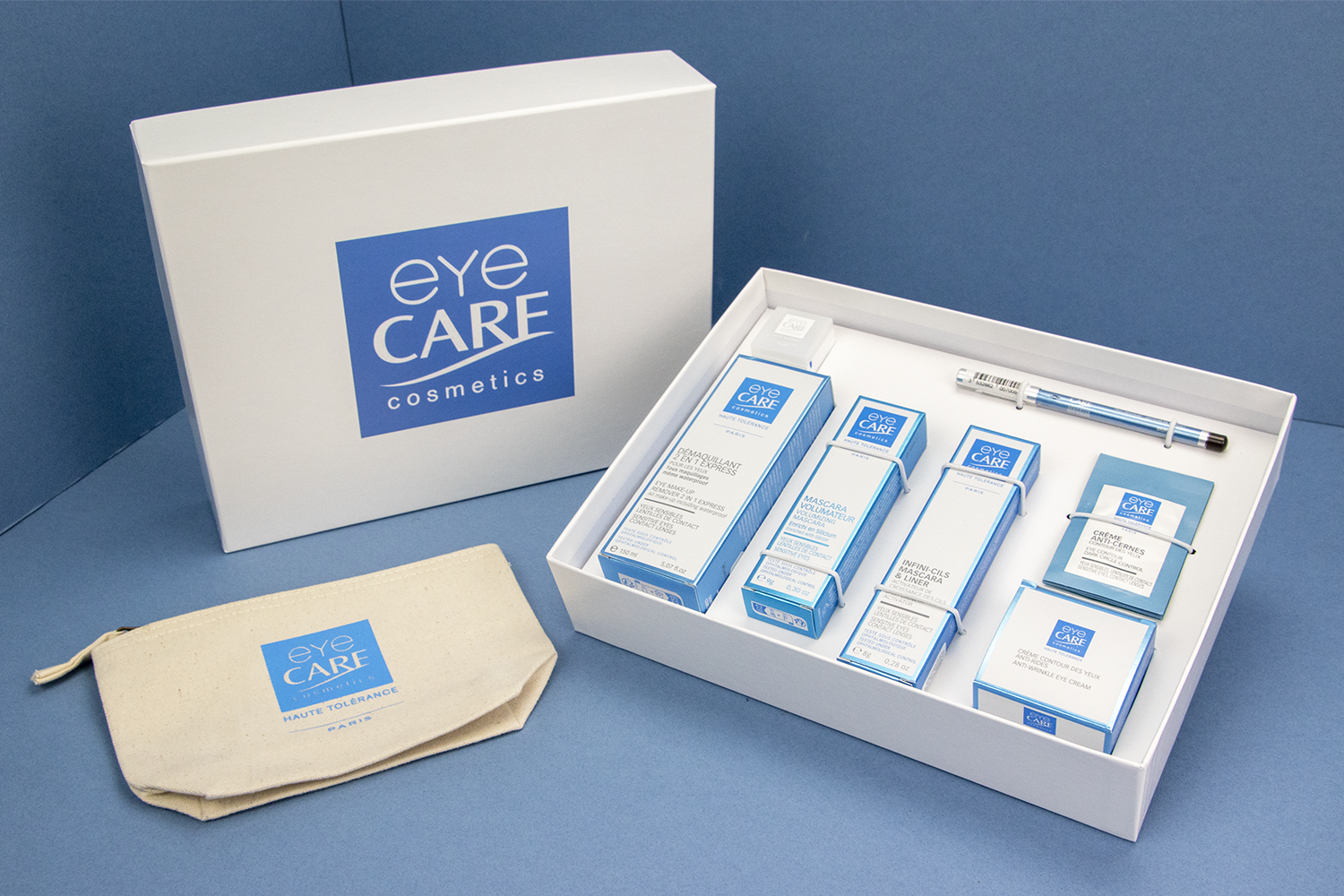How to Beat the UK Plastic Tax in 2024
The UK’s Plastic Packaging Tax (PPT) came into effect on 1st April 2022.
Plastic packaging that contains less than 30% recycled plastic is now charged at a rate of £210.82 per tonne for importers and manufacturers. This tax is due to rise to £217.85 per tonne from 1st April 2024.
The UK and the US are the world’s biggest sources of plastic waste, so it’s no wonder the government is attempting to curb plastic problems.
What’s the Reason Behind the Plastic Tax in the UK?
In the 1950s, manufacturing technology had advanced enough to mass-produce the cheap and versatile material, plastic.
Plastic is now everywhere, with the global production of plastic surpassing 400.3 million metric tons in 2022 — more than half of which ends up as landfill waste. Many industries depend on its multiple applications in construction, electronics and packaging.
Of the 400.3 million metric tons of plastic produced each year globally, the UK contributes a staggering 4.9 million. Environmental groups like Greenpeace have pressured the government to act, dumping 625 kilos of plastic rubbish outside Downing Street last year in a publicity stunt.
The Environmental Impact of Plastic
Plastic waste takes decades to decompose. A plastic water bottle can take up to 450 years to break down. What’s more, when plastic eventually disintegrates, the tiny pieces are known as microplastics.
Microplastics can contain harmful chemicals and pose a threat to human and animal health. The problem is so pressing that the UK government has launched a research project with the University of Plymouth to discover how microplastics enter our oceans.
Although not enough is known about the health risks of microplastics for humans, they certainly have a detrimental effect on wildlife. Microplastics accumulate in marine environments and emerging evidence suggests that the chemical contaminants in microplastics harm marine animals when ingested.
Why Is the 2022 Plastic Tax Important?
It started with the Plastic Bag Tax in October 2015, which reduced the use of plastic bags by a staggering 95%.
The government has also banned the manufacture and sale of cosmetic products that contain microbeads, pledged £20 million to combat plastic pollution and banned plastic straws, stirrers and cotton buds in October 2020.
The plastic tax aims to provide businesses with an economic incentive to use as much recycled plastic in their packaging as possible. As a result, the demand for recycled plastic will increase, hopefully prompting the increased collection of plastic waste to be recycled.
Who Does the Plastic Tax Effect?
Mainly, the Plastic Packaging Tax (PPT) affects manufacturers and importers of plastic packaging. This has a knock-on effect for businesses and consumers who use plastic-based packaging or products.
Businesses that use non-recycled plastic packaging are likely to find that the same packaging will cost more than it did before the PPT came into effect, and consumers will inevitably end up footing the bill as business expenses increase.
Do you use plastic packaging? Switch the plastic-free packaging.
Exemptions From the Plastic Packaging Tax
There are four exemptions from the tax, mainly for manufacturers of packaging for medicinal products and components that are designed for permanent usage:
- Plastic packaging that’s used for the immediate packaging of licensed human medicine
- Packaging that’s permanently recorded as set aside for non-packaging use
- Used as transport packaging to import multiple goods safely into the UK
- Used in aircraft, ship and rail goods stores.
Currently, compostable and biodegradable alternatives are not exempt from the tax as the objective is to increase demand for recycled materials. But this definition is still subject to review — so don’t bin your compostable mailing bags yet!
If you’re a manufacturer or importer of plastic packaging components, you will need to assess if you need to register for the tax.
But there are ways around avoiding the Plastic Packaging Tax. We’ll look at some ways that you can do this.
Two Ways to Beat the Plastic Tax in 2024
The best way to beat the plastic tax is to not qualify for the tax in the first place. This involves reassessing your current packaging to avoid the PPT and become a more sustainable company.
1. Reassess and Reduce Packaging Usage
A lot of the time, products are swamped in bubble wrap, polystyrene pellets and plastic dividers. Although these protect products from damage, you might need to start reevaluating with greener eyes.
Begin by asking “why” in these specific areas:
- Price
- Performance
- Security
- Assembly.
For example, is your packaging optimised to protect and deliver your goods?
A custom packaging solution could prevent the waste of resources and save your business money in the long run.
Small changes like this can help you beat the Plastic Packaging Tax, reduce your overall unit costs and be kinder to the planet.
2. Replace Your Packaging with Plastic-Free Packaging
Reducing the amount of plastic you use in your packaging might not be possible. If that’s the case, it’s time to look at replacing it.
To avoid the PPT, plastic-free packaging made from natural, responsibly sourced materials is the answer.
As compostable and biodegradable packaging are still covered by the PPT (subject to review), let’s look at some alternatives.
The UK’s First Plastic-Free and Carbon Neutral Packaging Supplier
If you’re considering replacing your packaging, why not source it from a sustainable packaging supplier?
Our comprehensive range of plastic-free packaging includes cardboard shipping boxes, postal packaging and food packaging, all of which include high-recycled content — much more than 30%, as stated by the PPT — and can be recycled or composted after use.
We’re also officially carbon neutral, which means we balance out any CO₂ we release into the atmosphere through climate-positive activities.
Choosing plastic-free packaging from us means you won’t have to worry about the Plastic Packaging Tax. Plus, you’ll be helping the environment by investing in sustainably sourced packaging.
Beat the plastic tax with planet-positive packaging. Browse our plastic-free range today and get free UK mainland delivery with no minimum order value.




